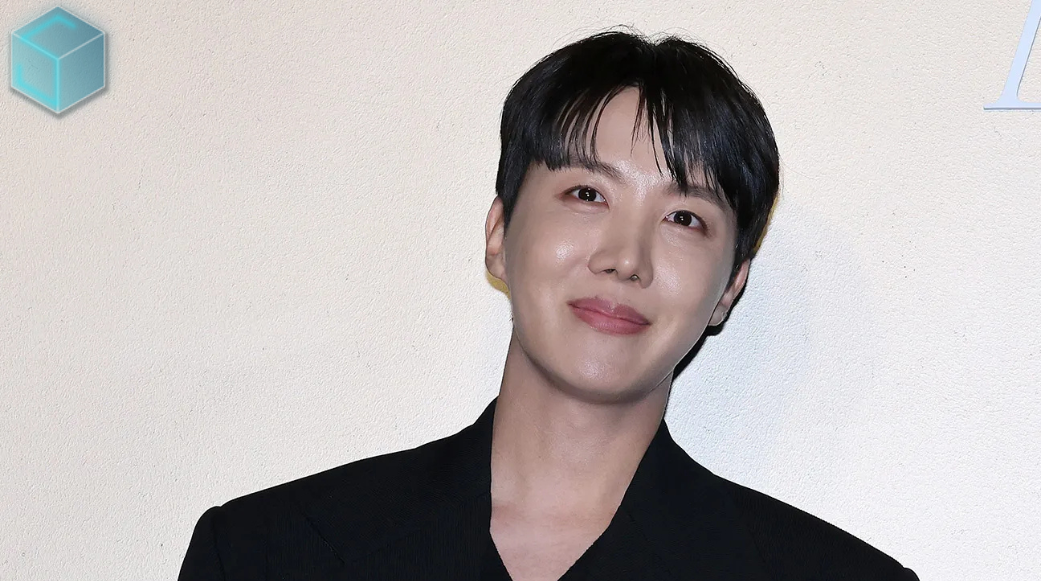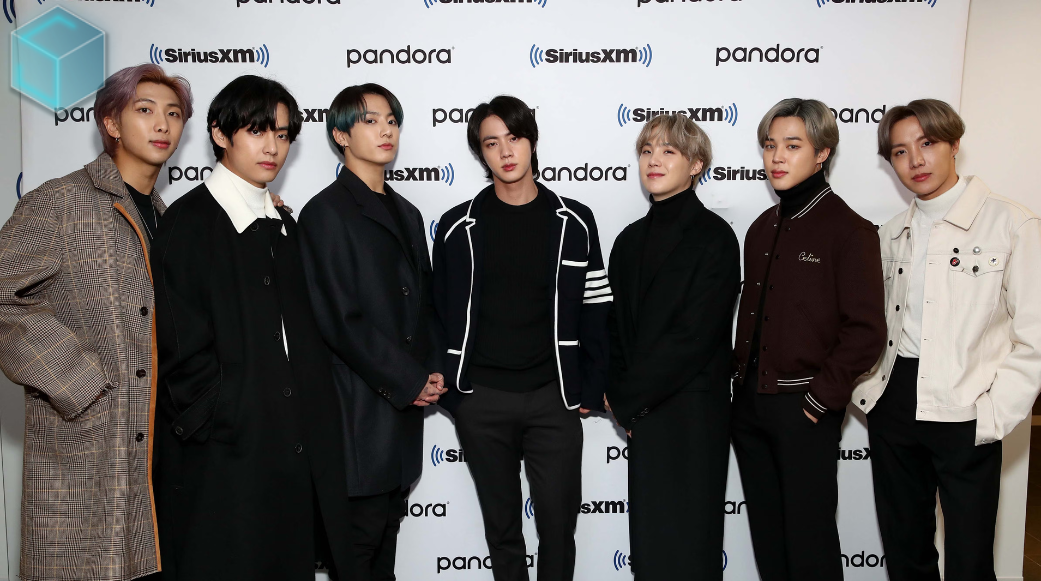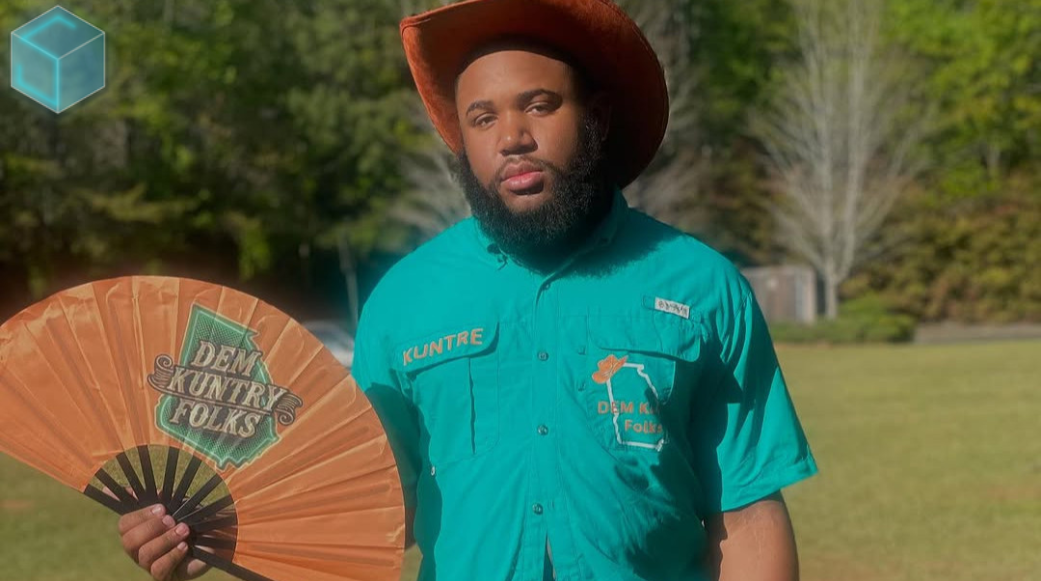
October 23, 2025
Discover how Mix Master strengthens your brain just like an instrument - training focus, creativity, and emotional intelligence through the science of sound.
Read more.png)
September 8, 2025
Tools like Suno are now powerful enough to generate melodies, lyrics, and even full songs in seconds. That’s exciting—and controversial. Just ask Timbaland. Recently, he came under fire..
Read more
August 23, 2025
The 1980s and 1990s analog music medium known as cassette cassettes is experiencing an unanticipated comeback, with Gen Z spearheading the trend. Taylor Swift, who included cassettes in the release...
Read more
August 23, 2025
This week's most notable headline: Doja Cat's erotically charged, '80s-inspired music video, "Jealous Type," is dominating social media feeds and cultural discourse, marking her most daring...
Read more
August 23, 2025
J-hope and GloRilla's "Killin' It Girl," a spectacular blend of K-pop flare and shameless hip-hop heat that has taken the world by storm, is this week's winner of the Best Collaboration of Summer...
Read more
August 23, 2025
Carly Rae Jepsen is giving fans the ultimate gift for the 10th anniversary of her critically adored album Emotion: a special edition featuring four never-before-heard tracks and two fresh remixes...
Read more
August 23, 2025
The wait is over, ARMY! BTS is officially back together and balancing work and play in their first moments of reunion after completing mandatory military service. J-Hope sent fans into a frenzy...
Read more
August 23, 2025
Christian music stepped outside of its quiet comfort zone in 2025. "Hard Fought Hallelujah," a worship song by Brandon Lake, went platinum, sold out festival stages, and exploded from churches to...
Read more
August 23, 2025
In late July 2025, Christian artist Forrest Frank (of Surfaces, now a solo juggernaut in faith-pop) posted from a hospital bed: he’d fractured his L3 and L4 vertebrae in a skateboarding accident...
Read more
August 21, 2025
On September 16, the masked metal phenomenon Sleep Token will embark on their 2025 "Even In Arcadia Tour" across North America. The 18-show tour, which includes a huge date at Brooklyn's Barclays...
Read more
August 21, 2025
Due to a line dance that went viral and won over fans' hearts both inside and outside of the United States, 22-year-old Tre Little's song "Boots on the Ground" has become a cultural sensation this...
Read more
August 21, 2025
In addition to preparing for her next album, The Life of a Showgirl, Taylor Swift is reviving the physical medium this week by putting her songs on cassette tapes. This sentimental action...
Read more.png)
Billie Marten, the British singer-songwriter known for her hauntingly beautiful folk-inspired music, has recently shared her thoughts on the financial struggles many artists face in today’s music industry. In a candid interview, Marten revealed that while superstars like Taylor Swift rake in massive revenue from streaming and album sales, the majority of musicians are dealing with financial ruin.
In her interview, Marten discussed the significant disparities within the music industry, pointing out how the vast majority of musicians are unable to earn a sustainable income from their work. Despite the global popularity of platforms like Spotify and Apple Music, the revenue they generate for most artists is minimal at best. Marten expressed her frustration with the industry’s financial structure, which she believes benefits a select few while leaving many talented musicians struggling to make ends meet.
"Most artists are in financial ruin," Marten said. "We’re all paying Taylor Swift. These streaming services pay her so much, and she deserves it, but I think it highlights just how broken the system is for the rest of us." Marten’s comments reflect the broader issues many emerging and mid-level artists face, as the current streaming model provides only a tiny fraction of a penny per play.
Marten’s remarks on Taylor Swift’s dominance in the industry aren’t meant to diminish Swift’s success but rather to point out the stark contrast between what top-tier artists like Swift can earn compared to independent or lesser-known musicians. Swift, who has a massive global fanbase and a successful touring career, has been one of the few artists able to thrive under the current streaming model, securing lucrative deals and partnerships that contribute significantly to her earnings.
Swift's success has also led to higher payouts for her and other big names in the industry. As a result, it’s led to greater visibility for her work, including exclusive deals with streaming platforms and record-breaking sales. However, for many other artists, these opportunities are out of reach, leaving them struggling to survive financially.
For emerging artists like Marten, the financial model often seems unsustainable. Despite releasing critically acclaimed music and maintaining a loyal fanbase, Marten, like many others, has seen little financial reward for her efforts. Live performances, merchandise sales, and brand partnerships often serve as the primary income streams for many artists, but even those can be inconsistent.
Marten pointed out the paradox of the modern music industry, where visibility and talent often don’t translate into fair compensation. “It’s not about being good anymore. It’s about how many people are listening to you, how much attention you can grab, and how much money can be made from you,” she added.
Marten's comments are part of a larger conversation about the need for industry reform, particularly in how streaming platforms pay artists. Critics of the current system have long argued that it’s skewed in favor of the largest platforms and record labels, leaving smaller artists to fend for themselves.
Several proposals have been floated to address these issues, such as the user-centric payment model, where royalties would be distributed more fairly based on individual listening habits rather than the current pro-rata system, where the overall revenue is shared among all artists based on total plays.
Despite the challenges, Marten remains hopeful for change. Her call for financial equity in the music industry reflects the growing sentiment among many musicians who are demanding fairer compensation for their work. As the conversation about streaming royalties and artist compensation continues to gain momentum, it’s clear that more reform is needed to create a more equitable system for all artists, not just the superstars.
Marten’s willingness to speak out about these issues is part of a larger movement among artists and industry professionals who are advocating for a shift in how the music business operates. Whether or not these calls for change will lead to tangible reforms remains to be seen, but for now, the struggle for fair compensation continues.